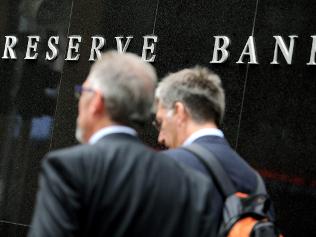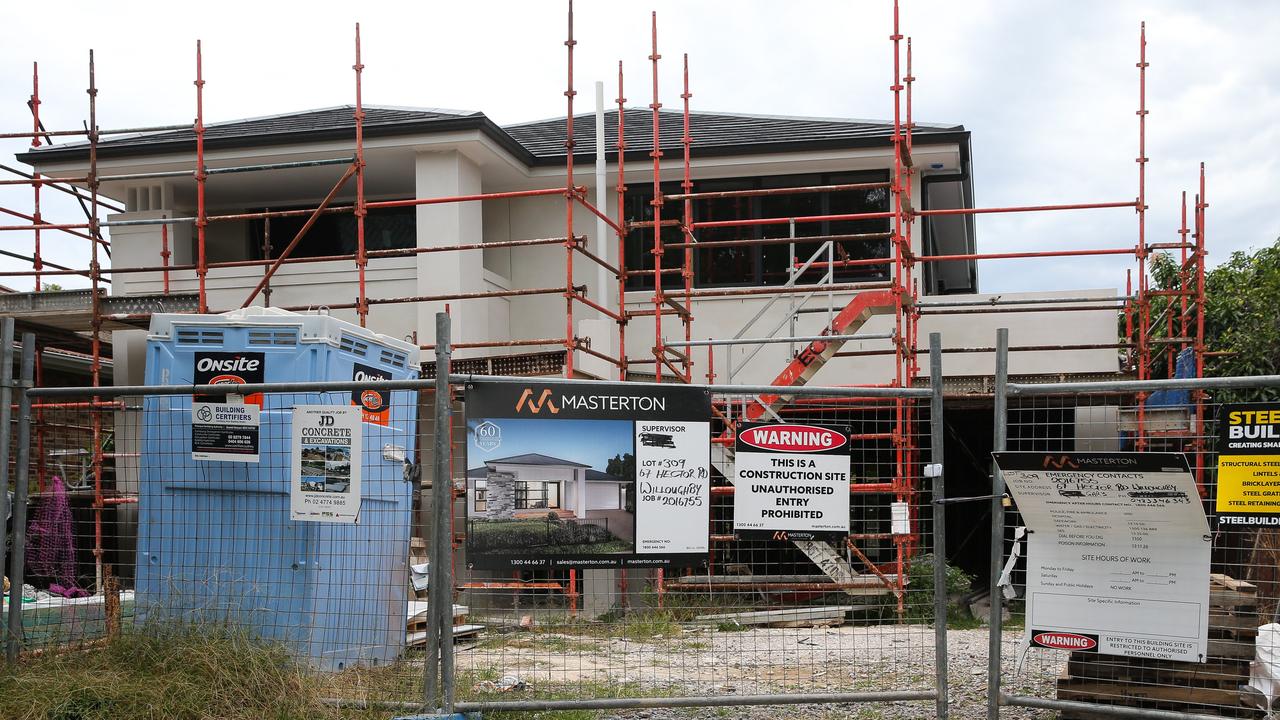Reserve Bank 'comfortable' with current rate levels
THE Reserve Bank left rates on hold in August saying the existing level was appropriate for the time being.

THE Reserve Bank was "comfortable" leaving interest rates at average levels at its August board meeting during a period of market volatility, minutes of the monetary policy board meeting reveal.
The Reserve Bank left the cash rate unchanged at 4.5 per cent at its August 3 board meeting, saying that the existing level was "appropriate" for the time being "pending further information".
The minutes, released today, show the updated Reserve Bank forecast is for GDP growth to increase gradually to the 3.75 to 4 per cent range in 2011 and 2012.
The forecasts were in line with those published in the Reserve Bank's statement on monetary policy on August 6.
They show the major news for the domestic economy had been that underlying inflation continued to "fall in line with the bank's expectations and was below three per cent".
The board members noted that were it not for the effect of the rise in tobacco excise earlier in the year, CPI inflation would have remained below three per cent.
"By May, interest rates on loans to households and businesses had returned to around average levels," the minutes said.
"In the subsequent two months, with economic growth close to trend and inflation expected to decline to the target range later in the year, the board had felt comfortable with the existing level of interest rates, particularly in an environment where there was a significant degree of market volatility."
The Reserve Bank's forecast continued to suggest that GDP growth would strengthen in 2011 and 2012 to above-average rates, the minutes said.
"Accordingly, even though underlying inflation was expected to remain around 2.75 per cent over the next year, it was forecast to pick up a little thereafter."
The board members noted that sentiment in financial markets had improved over the past month, "particularly following the publication of results of the stress test of of the European banking system.
"Volatility in financial prices nonetheless was still higher than normal," the minutes said.
It also said the economic data suggested the global economy was continuing to expand, though the pace of growth had probably eased since earlier in the year and it was still uneven among regions.
Developments over the latest month had not materially changed the board's assessment, it said.
"The inflation data released during the month were in line with the board's expectations for a decline, and the outlook for economic growth had not changed," the minutes said.
"Markets had settled somewhat, but there was still more uncertainty over the global outlook than there had been earlier in the year.
"The board therefore judged the existing level of the cash rate as still appropriate and decided to leave it unchanged for the time being, pending further information."
Board members also discussed broader trends in household behaviour and noted that the saving rate was now at a higher level than a few years earlier and credit growth was much lower than over the past decade.
"Looking ahead, members observed that the challenges of dealing with a terms of trade boom and strong growth in investment could be lessened if these trends in behaviour continued," it said.
It noted a cooling in established house prices after a year of strong price increases, with housing loan approvals estimated to have declined further in June.
The updated Reserve Bank forecast for GDP growth to increase gradually to the 3.75 to 4 per cent range in 2011 and 2012.
"The outlook was underpinned by the positive prospects for the resources sector, which in turn rested on on the bright medium-term outlook for the economies in Asia," the minutes said.



